What else
could it be?

Symptoms of IBS indicate a sensitivity and irritability of the gut, which may, of course be caused by other diseases that irritate or cause inflammation of the bowel.
Your doctor will always need to consider the possibility of one of these.
- Diverticular Disease
- Coeliac Disease
- Inflammatory Bowel Disease (IBD)
- Amoebiasis and Giardiasis
- Bowel Cancer
- Ovarian Cancer
- Polycystic Ovaries
Click to find out When you and your doctor should be concerned.
Diverticular Disease
Diverticula are little pouches or balloons that can be pushed out of the weak areas of the colon where the blood vessels enter. This condition often comes on as you get older and is related to a reduction in the elasticity of the gut and an increase in bowel pressures often associated with constipation. 60% of people in their sixties have evidence of diverticulosis.
Diverticulosis usually causes no symptoms, but if the diverticula get filled with hard faeces and inflamed, this causes diverticulitis, which is a serious condition with abdominal pain and fever and if a blood vessel is eroded by their infection, quite serious bleeding. Since diverticula are more frequent in the sigmoid colon and the descending colon, diverticulitis is often referred to as left sided appendicitis.
Diverticulitis is an abdominal emergency. You may be very ill. Your doctor may treat you with antibiotics, but if you don’t respond quickly, you may have to go into hospital, where you may need an operation.
Some doctors have suggested that a long history of IBS constipation can lead to diverticular disease and therefore may treat it with a high fibre diet to make the stools softer and reduce the pressure in the bowel. Antispasmodics may also be prescribed.
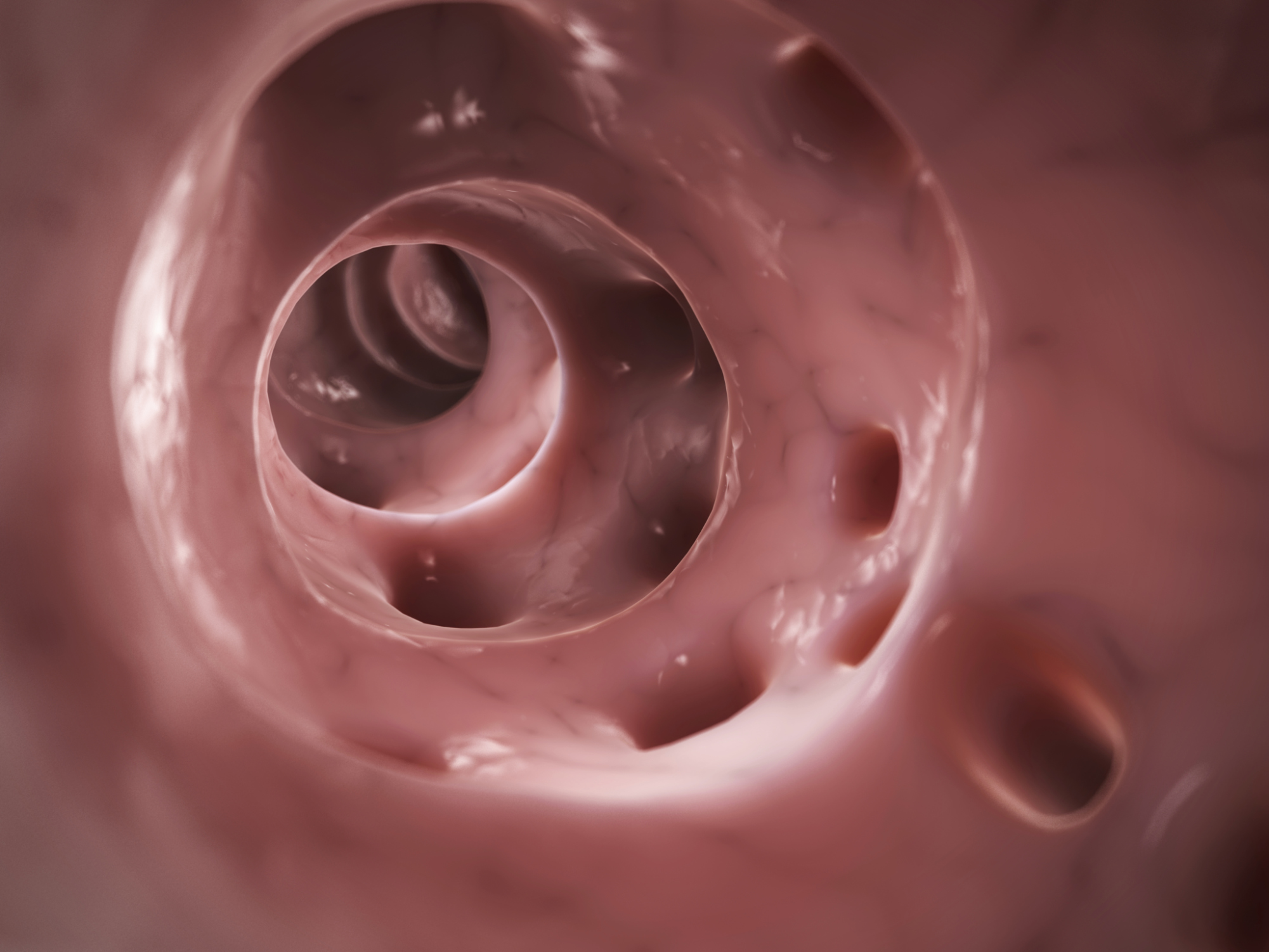
Coeliac Disease
Coeliac Disease tends to run in families and is caused by an allergy to gluten, the protein in wheat flour. This results in destruction of the cells that line the small intestine, causing a loss of surface area, which compromises the absorption of nutrients, leading to weight loss, anaemia, osteomalacia (loss of calcium from bones) and abdominal symptoms. Impaired absorption of fat leads to a particular type of greasy diarrhoea, called steatorrhoea and abdominal cramping, while reduced absorption of starches and protein can result in bloating and flatulence and also increase the tendency to diarrhoea.
Coeliac Disease may be screened by blood tests for specific endomysial or anti-gliadin antibodies or for trans glutamyl transferase, but the diagnosis is confirmed by taking a biopsy of the small intestine through a gastroscope.
Coeliac Disease has to be treated with a gluten-free diet.
HEALTH ALERT!
Patients newly diagnosed with IBS should always be screened for Coeliac Disease since Coeliac Disease is four times as common in IBS patients than in the general population.
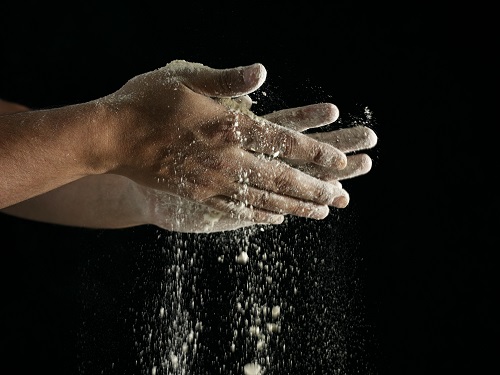
Inflammatory Bowel Disease (IBD)
IBD is a diagnostic term that usually includes Ulcerative Colitis and Crohns Disease. In Ulcerative Colitis, the lining of the colon is inflamed, whereas in Crohns Disease, the whole bowel wall is often involved causing thickening, obstruction and pain. Also the small intestine and anus are often involved in Crohn’s Disease.
If you have IBD, you will probably have diarrhoea with a lot of mucus and blood and will feel quite unwell with a fever. If your GP suspects IBD, he may do a test of your blood or stool for markers of inflammation and if these are positive, will refer you for an urgent appointment with a specialist gastroenterologist, who will examine your colon by means of a fibreoptic colonoscope and confirm the diagnosis by taking biopsies. They will then treat you with drugs to reduce the inflammation in the colon.
Relapses of Inflammatory bowel disease can be provoked by stress.
There is also another condition known as Microscopic or Collagenous Colitis, in which there is no obvious inflammation at colonoscopy and no bleeding, but biopsies show numerous inflammatory cells. Microscopic Colitis is associated with profuse diarrhoea and is treated with budesonide, a steroid. Some cases may be associated with bile acid malabsorption.
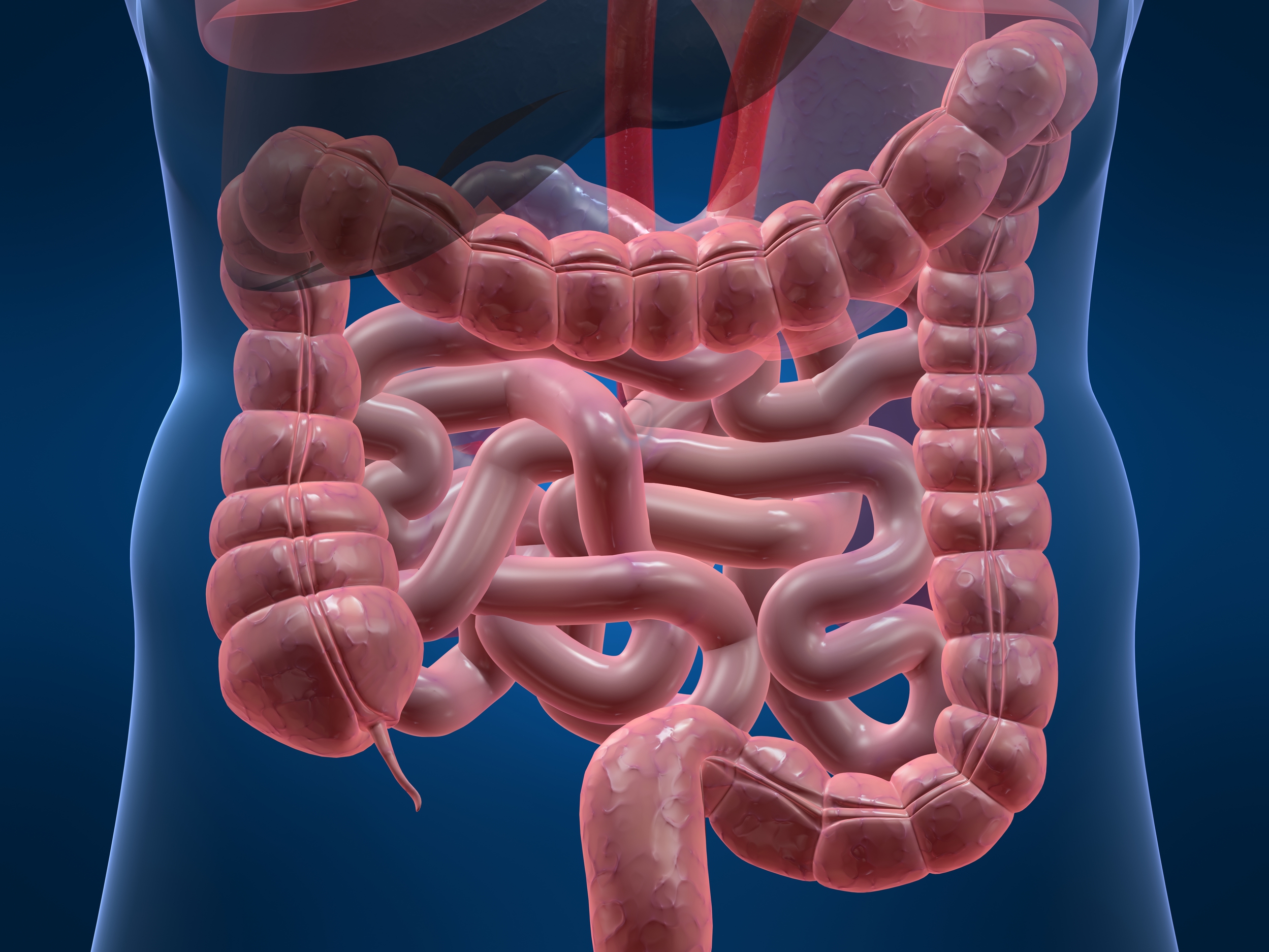
Amoebiasis and Giardiasis
If you develop persistent diarrhoea and abdominal cramping after a trip abroad, it is important for your doctor to make sure you haven’t got a parasitic infestation of your bowel. Unlike bacterial and viral infections, parasitic infestations can last a long time, causing weight loss, fever, and debility. Two of the most common are Giardiasis and Amoebiasis. These parasites can often be seen when a fresh sample of your stool is examined under the microscope but blood tests can also be done to confirm the diagnosis. Drug treatment is usually effective.
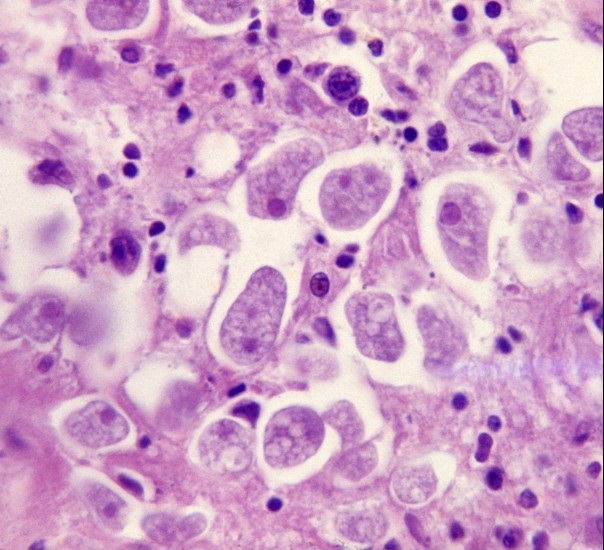
Bowel Cancer
Your doctor may suspect bowel cancer if you are over 50 and experience a persistent change in bowel habit that cannot be explained by diet, stress or an infection. If you also have persistent rectal bleeding, don’t ignore it; you must be investigated straight away. If cancer is the cause, it may not necessarily be malignant, but is often related to benign rectal polyps, which can be removed by snaring them through a colonoscope. Rectal polyps can form again and they can turn malignant, so even if your rectal polyp has been safely removed, you should be followed up with a colonoscopy regularly to check if more polyps develop.
There is no evidence that people with IBS have any more risk of developing cancer than those without.

Ovarian Cancer
Bloating and pelvic pain are two of the commonest symptoms of Cancer of the Ovary. Thus it is not surprising that many women with this serious disease may be first diagnosed with IBS. But to put things in perspective, ovarian cancer is rare and only one in a thousand people with IBS are diagnosed with it.
The diagnosis is more likely if you have lost weight for no obvious reason or have a family history of ovarian cancer.
A simple blood test (CA 125), although not diagnostic, can increase the possibility of early diagnosis and effective treatment.
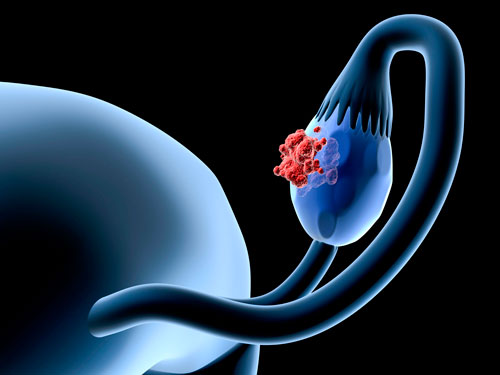
Polycystic Ovaries
Polycystic ovaries affects about 10% of women and four times as many people with IBS have polycystic ovaries than those without. You might suspect polycystic ovaries if you have irregular or absent periods, have difficulty getting pregnant, are hairy, overweight and irritable. There may be a link with hormones. Polycystic ovaries are associated with insulin resistance and increased production of androgens (male hormones). It has been suggested that chronic stress or overwork may lead to increased stimulation of the adrenal gland. Posts of message boards by women with polycystic ovary syndrome (PCOS) suggest that they struggle with frustration, aggression, histrionic behaviour and increased sex drive.
For more information, read Polycystic Ovary Syndrome is associated with an increased prevalence of IBS. Mathur et al, 2010. Dig Dis. Sci. 55. 1085-1089.
Small intestinal bacterial overgrowth (SIBO)
The small intestine has much lower populations of bacteria than the colon, but occasionally when there are conditions of hold up or stagnation, large populations can build up. These can break down fats and bile acids, creating laxative compounds that irritate the colon and cause diarrhoea. It is difficult to diagnose bacterial overgrowth of the small intestine (SIBO) with certainty since that means taking samples by tube directly from the small intestine. More often, SIBO is diagnosed by an early and excessive excretion of breath hydrogen following a drink of glucose or lactulose, but this could equally well be caused by a rapid transit of the sugar to the colon. Read more
Bile acid malabsorption(BAM)
Bile acids are secreted from the gall bladder and are responsible for aiding the digestion of fat. They are normally reabsorbed in the ileum, the last few feet of the small intestine. If the transit of food through the small intestine is abnormally rapid, as it is in most people with IBS diarrhoea, then not only is the volume of material entering the colon excessive, but it also contains abnormally high amounts of unabsorbed bile acid and fats, which are converted by the colonic bacteria into irritant compounds that stimulate peristalsis and secretion and cause diarrhoea. It is for this reason that bile acids have been called nature’s laxatives.
BAM may worsen after treatment with antibiotics. The diagnosis may be confirmed by a special scan - SeHCAT and if present may be treated by colestyramine, colesevalam or colestipol.
Is there a test for IBS
- There is no specific established test for IBS. Anybody who has developed new symptoms of IBS for longer than three months should be screened by their GP or practice nurse for other bowel diseases that may present with the same symptoms. Ruling these out will make the diagnosis of IBS more likely.
- For inflammatory bowel disease (Crohn’s Disease and Ulcerative Colitis), the most sensitive test is Faecal Calprotectin, this is widley available in all GP practices. Doctors will also test blood samples for markers of inflammation, such as the Erythrocyte Sedimentation Rate (ESR) and C-reactive protein (CRP).
- There are now a range of sensitive blood tests for Coeliac Disease. These include transglutamyltransaminase (TGT), anti-gliadin antibodies and endomysial antibodies.
- Colon cancer should be screened out by testing for evidence of blood in the faeces using the qFIT (quantitative faecal immunochemical test) . If tests are consistently positive, they should be followed up with a colonoscopy.
- Ovarian Cancer may be screened using a blood test for CA 125, which is produced by some ovarian cancers. A raised level of CA 125 is not specific for ovarian cancer and may be found in patients with endometriosis, pelvic inflammatory disease, fibroids or even pregnancy and should be followed up with an abdominal ultrasound.
- NEW! At last, a positive test for IBS?
Find out more in

 Web Design - Rejuvenate Digital Agency
Web Design - Rejuvenate Digital Agency